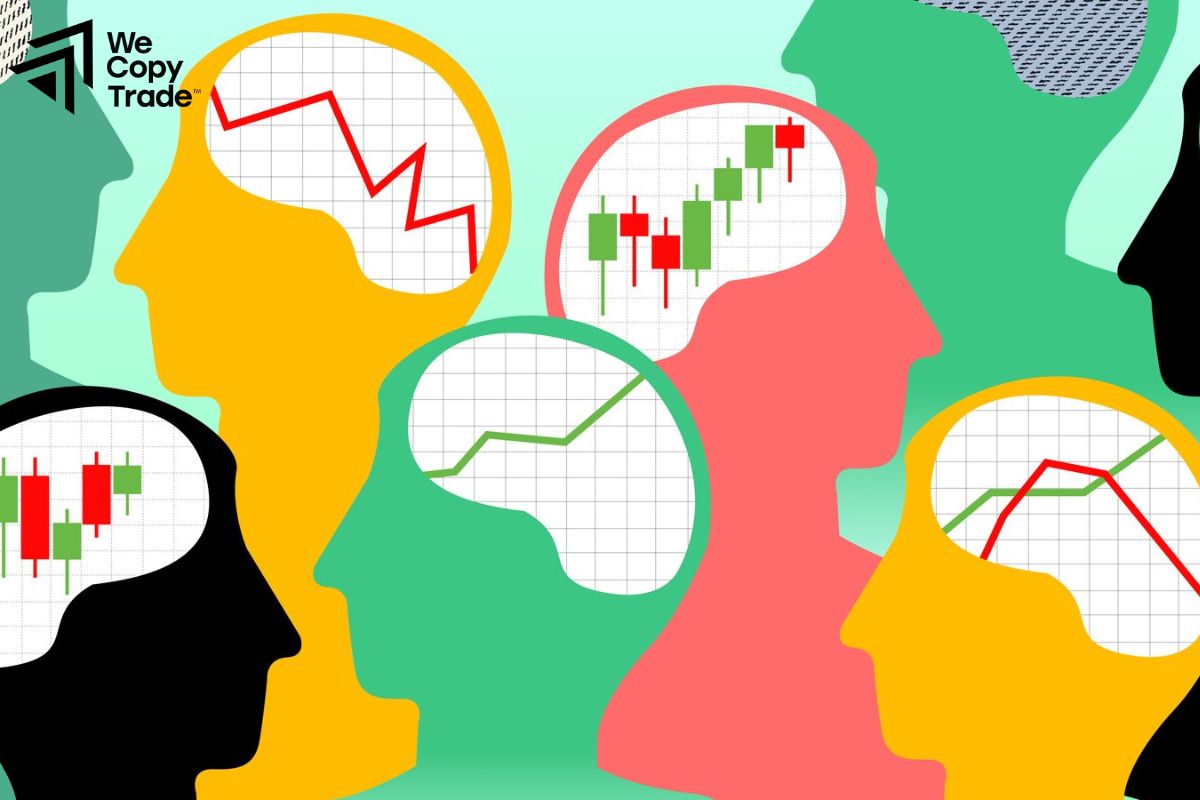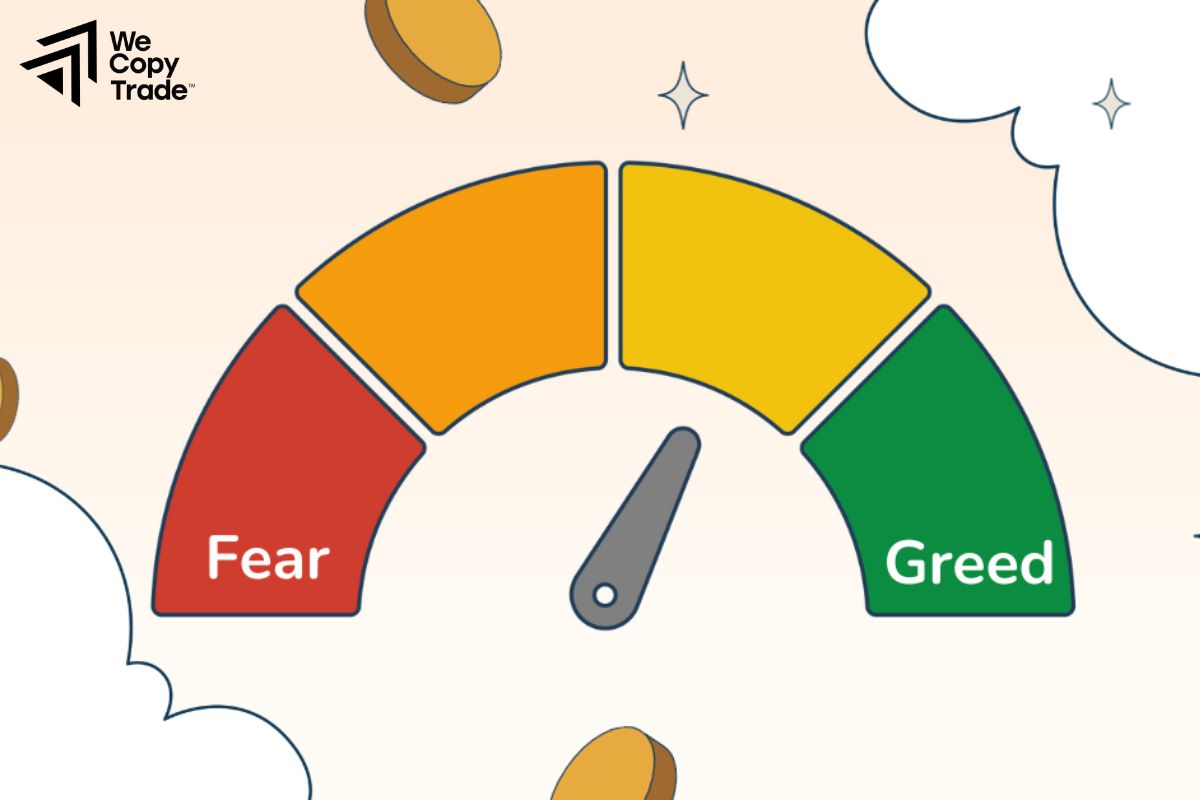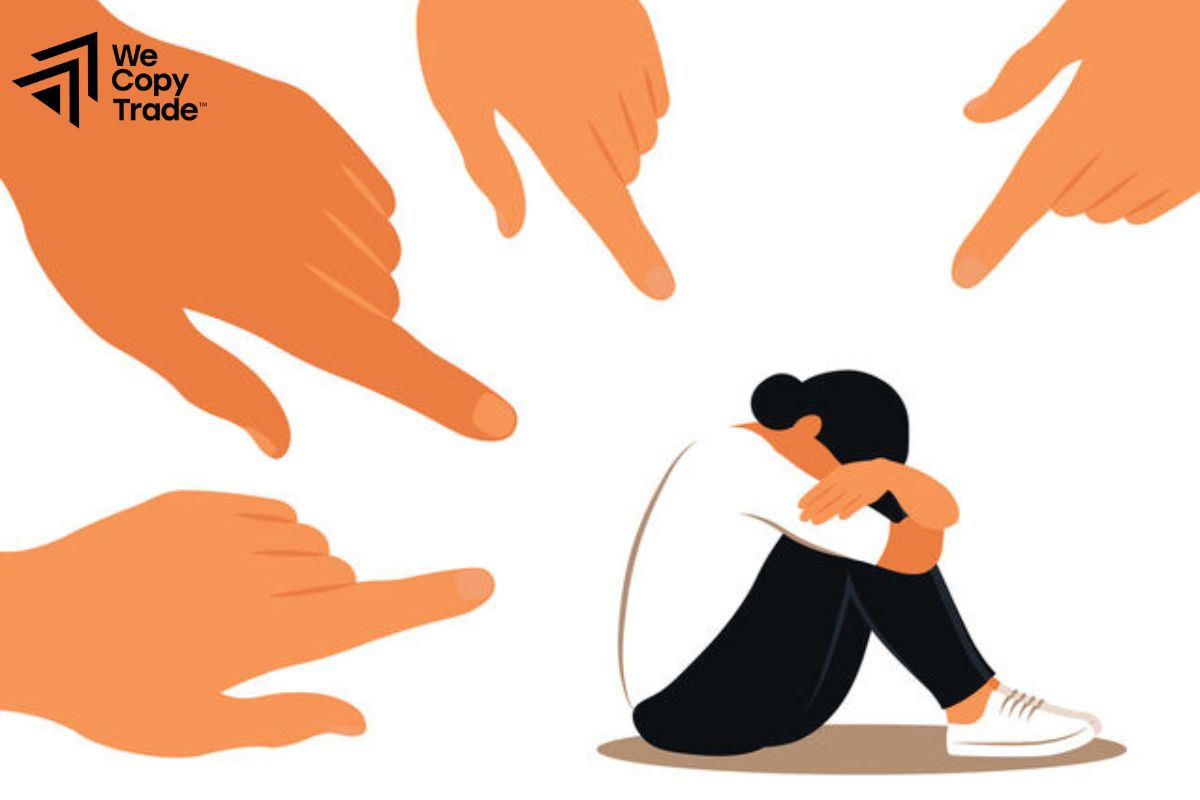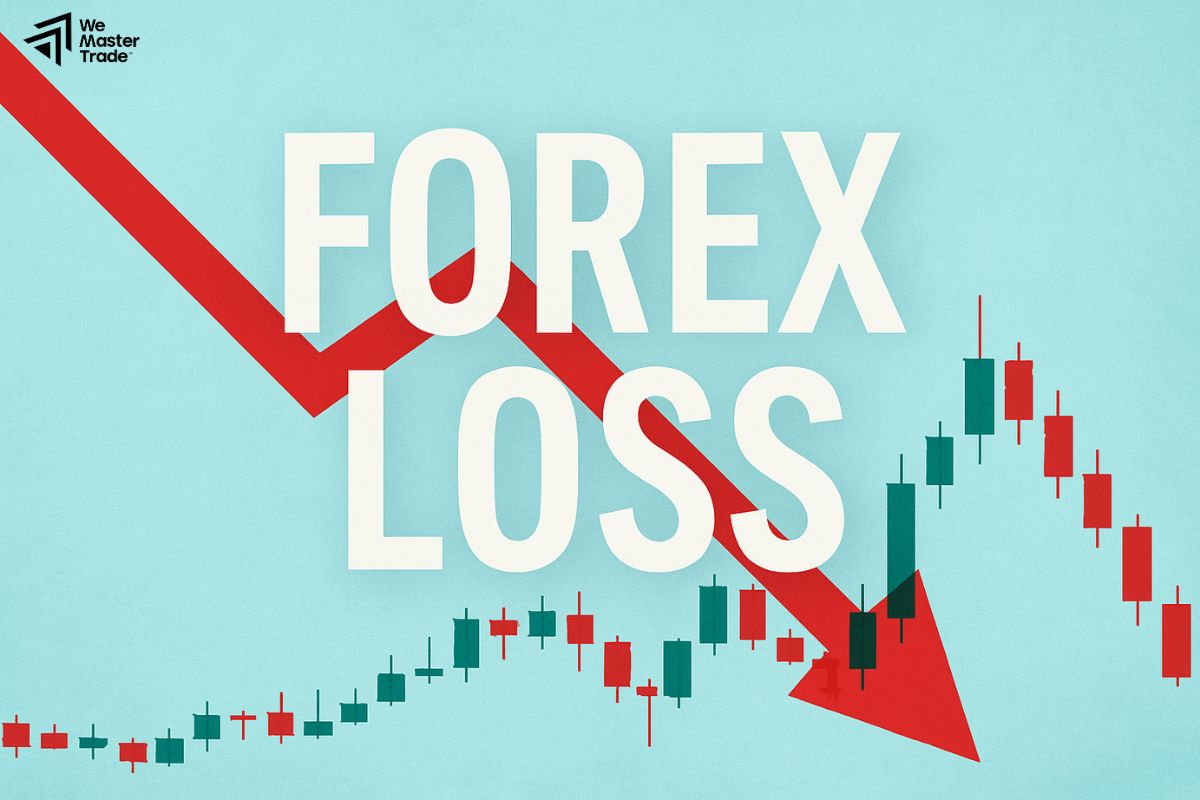Have you ever regretted making a transaction? The capital market is a place where there are many risks if we are not sober enough to make timely decisions. In the following article, I will help you strengthen your Trading Psychology to confidently make wiser investment decisions.
What is Trading Psychology?

Trading psychology is our emotions, thoughts and attitudes when participating in the stock market. It is like a silent companion, always by our side in every trading decision. Therefore, when trading stocks, if you let your emotions dominate, you will easily make serious mistakes and lose money.
See more:
- What are emotions in trading? Emotions Traders Experience
- What Does Patience in Market Entry Mean? Importance in forex
- Why Shouldn’t We Overtrade? How To Avoid Overtrading
Some of The Common Holes In Trading Psychology
Many people enter trading with the desire to make quick profits. This makes them susceptible to emotional and reckless decisions. Here are the most common mistakes we should refer to to limit:
Overtrading
This is one of the most common mistakes. Many traders feel the need to trade continuously to make money, whether the market is showing good opportunities or not. This affects price stability and directly harms their profits
Not following a plan
When the market does not move as expected, many traders easily change their plans and make emotional decisions.
For example, when a Trading Psychology goes against their expectations, many traders tend to try to absorb losses in the hope that the market will reverse, causing more losses.
Over-focusing on the news

Many traders are too influenced by the news and make trading decisions based on unverified information.
For example, when the market is up, we may feel too excited and want to buy even though the price is too high. When the market is down, we may feel panicked and sell our stocks before the right time. When a trade goes wrong, we may feel regretful and want to quickly recover the money we lost.
Confirmation bias
Confirmation bias causes us to seek out and pay attention to information that confirms our existing views. This means we tend to ignore evidence that contradicts our views, making our decisions less objective.
For example, you think a stock will go up in price and you look for all the positive news about the company, while ignoring the negative news.
Try to recoup
Everyone wants to make money, and when you lose money, it is understandable to want to recoup the lost money. However, this is one of the most common and dangerous mistakes that traders often make. When we want to recoup, we easily ignore the Trading Psychology principles that we set out earlier, leading to emotional and illogical decisions. To recoup quickly, we can increase the size of the transaction or participate in high-risk transactions, thereby increasing the possibility of loss. When we cannot recoup, we want to recoup even more, creating a vicious cycle.
Fear and greed

Are among the most common emotions that traders face. When we are afraid, we often have two tendencies: delaying opening orders for fear of losing or closing orders too early, as soon as the market shows signs of unfavorable conditions, even though we know that the decision may not be right, we cannot fully enjoy the profits of a successful transaction.
Set goals that are too big
Everyone wants to get rich quickly when participating in trading. However, setting goals that are too high and unrealistic can lead to serious consequences. When you fail to achieve your unrealistic goals, you will feel frustrated and lose motivation. In order to quickly achieve your goals, you may make emotional and reckless trading decisions. You may lose control of your trading account.
Overusing demo accounts
- A demo account is a useful tool for you to get acquainted with trading and test different strategies. However, if you abuse it for too long, you may encounter some problems:
- Trading with virtual money does not bring the same feeling of excitement, anxiety or frustration as when you trade with real money. This makes it difficult for you to imagine the psychological pressure of real trading.
- When you continuously win on a demo account, you can easily become overconfident and underestimate the risks in the real market.
- Trading without risk can cause you to form bad habits, such as holding positions for too long or trading too emotionally.
Blame Psychology

When trading goes wrong, traders often blame others. However, blaming will not help you improve but will hinder your own development.
When you blame, you are trying to avoid facing your mistakes and not taking responsibility for your actions. This makes you feel like a victim and lose the sense of control over your life, without the motivation to learn and improve yourself.
Revenge Trading
Have you ever felt like “taking revenge” on the market after a loss? This is a very common emotion in trading, known as “revenge trading” or “fear of missing out”.
When you are dominated by emotions, you will make irrational trading decisions based on anger or regret. To “take revenge” on the market, you may increase the size of your position or enter into high-risk trades, thereby increasing the possibility of losing.
Tips to Improve Trading Psychology
To achieve long-term trading success, improving your trading psychology is crucial. Here are some ways to develop a strong trading psychology:
Review your trading journey

- Take a close look at your trades, from the winning ones to the losing ones.
- Try to find commonalities between your successful trades and common mistakes.
- Turn mistakes into lessons to prevent repeating them.
Set realistic goals
- Goals should be appropriate to your experience, capital, and risk tolerance.
- Set specific, measurable, and time-bound goals.
- Remain flexible with your targets in response to changing situations.
For example, let’s say you’re a beginner trader. Instead of aiming for 100% profit every month, you should set more modest goals such as learning how to use a new technical indicator or making 5 out of 10 successful trades in the first month.
Regularly evaluate and adjust
- Closely monitor your trading performance to adjust your strategy in time.
- Always learn and update new knowledge about the market.
Conclusion
In conclusion, trading psychology seriously affects the accuracy of investment decisions. To become a successful trader, we need to learn to control our emotions, build discipline and accept risks appropriately.
See now:











